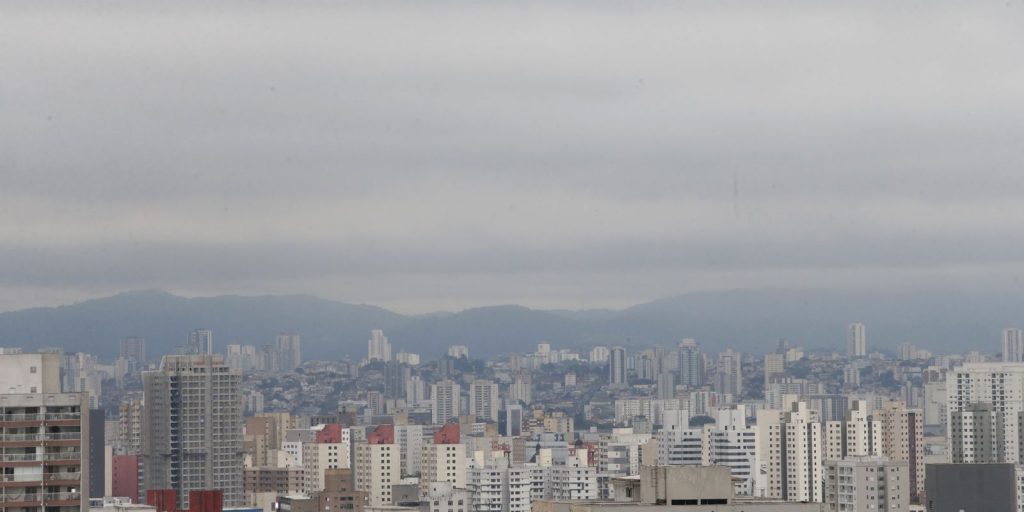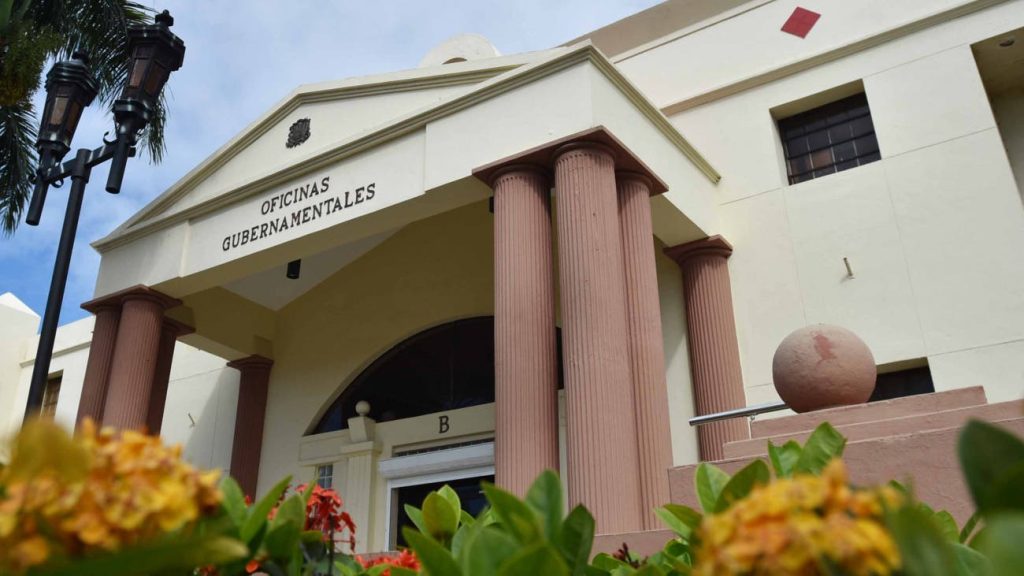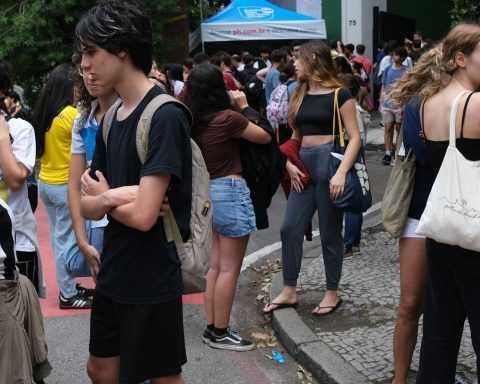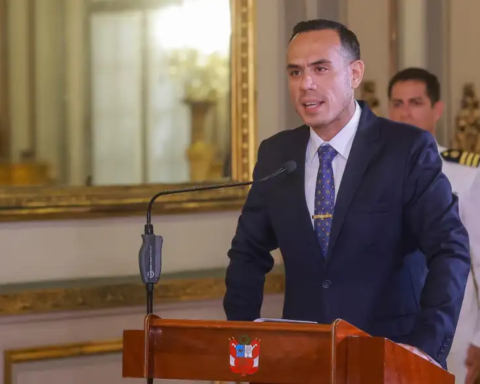October 5, 2024, 3:59 PM
October 5, 2024, 3:59 PM
In Bolivia there is a large opposition social current that wants political change, that is, to get 110 (deputies and senators) plurinational assembly members (not blue) to start a new political cycle. It is motivated by an anti sentiment, rejection of the party that has governed since 2006.
In parallel, it contains a pro-thought, which excites her about party unity to compete electorally in 2025. However, she has a big problem: her probable political representation is fragmented into various pre-candidates, and she does not distinguish them.
Depending on the few, but media-friendly, discursive strategies of the fragmented opposition candidates on the need for a change of government; I distinguish between them –with great difficulty- two subcurrents: formal and alternative.
Formal opponents want a change in government, not necessarily in the system. They do not have their ideological platform defined. They understand that political change must occur within the framework of the rules of the game of the Plurinational State.
They want a change of command, but not necessarily a change in the structures of domination established since the Constitution approved in 2009. For example, it is not in their plans, as a concrete proposal, to enhance departmental autonomy to redistribute political power to the regions.
They are ambiguous regarding their preference over the market over the State, and more certain about the predominance of the latter over the former. They limit themselves to working with personal image and slogans. They do not have political ideas of innovation and renewal of popular and indigenous scope. Their ideological narrative is minimal, limited to anti sentiment.
Alternative opponents want a change in government and system. The definition of its ideological platform is ambiguous. They understand that political change must aim towards a transformation of the rules of the game of the State.
Change the command and norms that encourage the logic of collective organizations and minimize the individual. They are disruptors, not revolutionaries. They are less ambiguous about their preference for the market over the state, but not direct about shrinking the state. They are not forceful about the need to redistribute political power to the regions.
Like the formal ones, they are limited to working with personal image and slogans. Nor do they have innovative political ideas and renewal of popular and indigenous scope. Although their desires are less conservative and more liberal than theirs, their ideological narrative is weak, without the capacity for national takeoff.
All in all, anti sentiment is the attribute that formal and alternative groups share with the social base. Although this great current has pro-unity thinking, the pre-candidates have still not been able to materialize it because they do not leave their bubble. Fragmentation is the effect of their lack of pragmatism and street.
As a result, they have little clarity to guide the mainstream, in need of a new conception of the State (less punishing of the citizen who pays taxes) and society (more inclined to republican principles). Summary: the fragmented want to compete, not be competitive.
Without a doubt, the mainstream and the opposition aspiring to form a new government coincide in a feeling and a vague idea of political change. What is in doubt is the probability of a unified political project to compete electorally that satisfies everyone.
The only certainty is that they are fragmented and have little chance of reaching the magic number in parliament (110) to change history. The interesting thing is that now, at least, they can be distinguished.
* José Orlando Peralta Beltrán / Political scientist
















